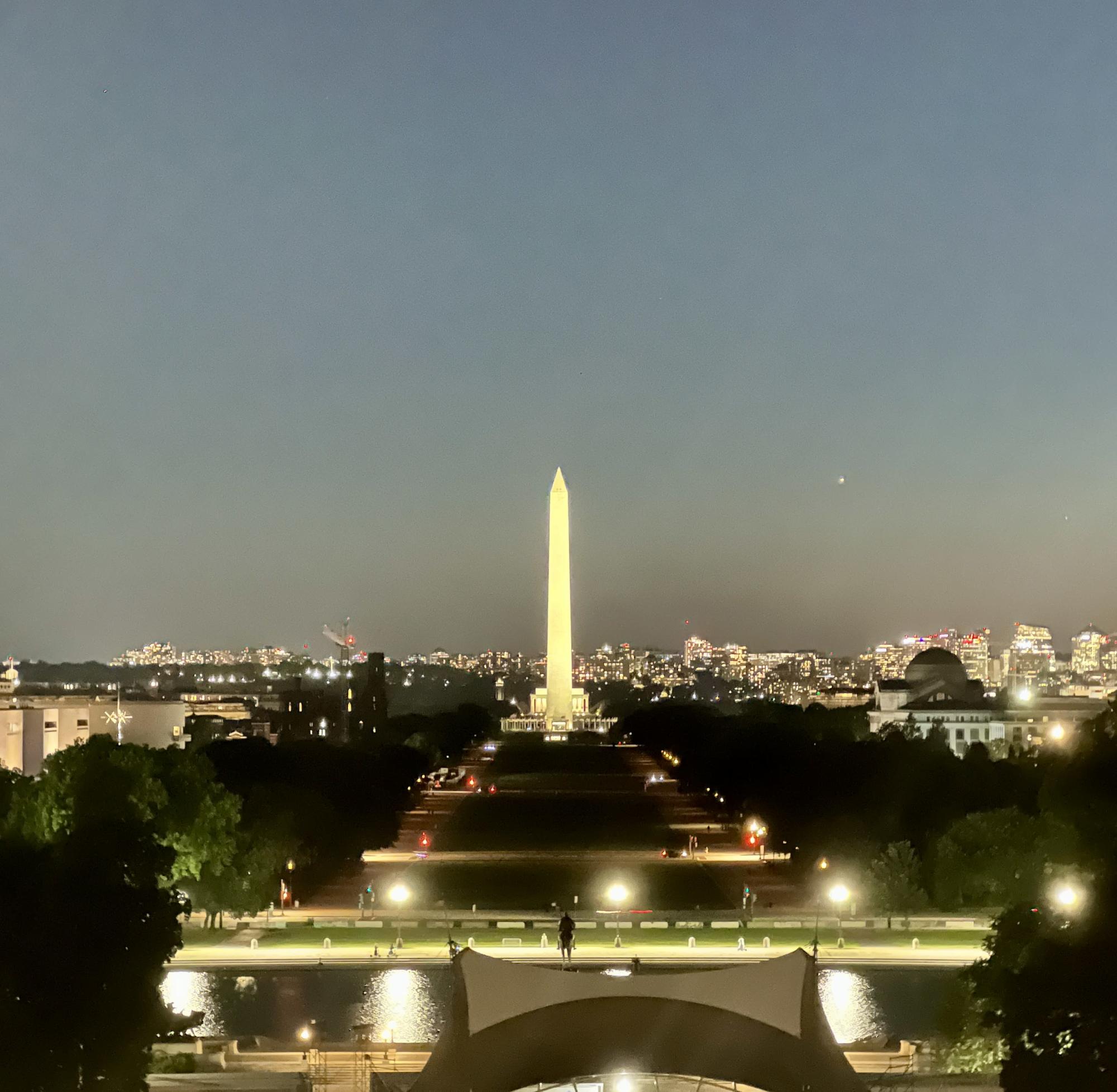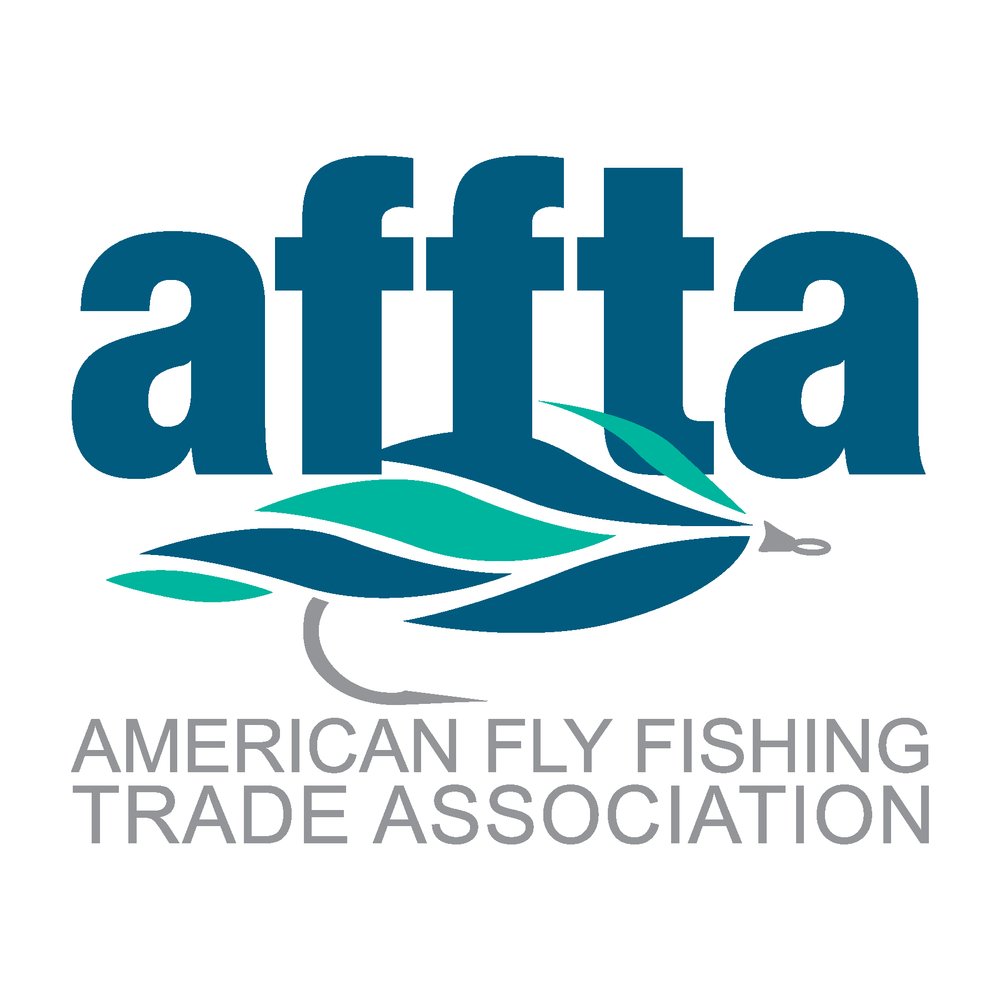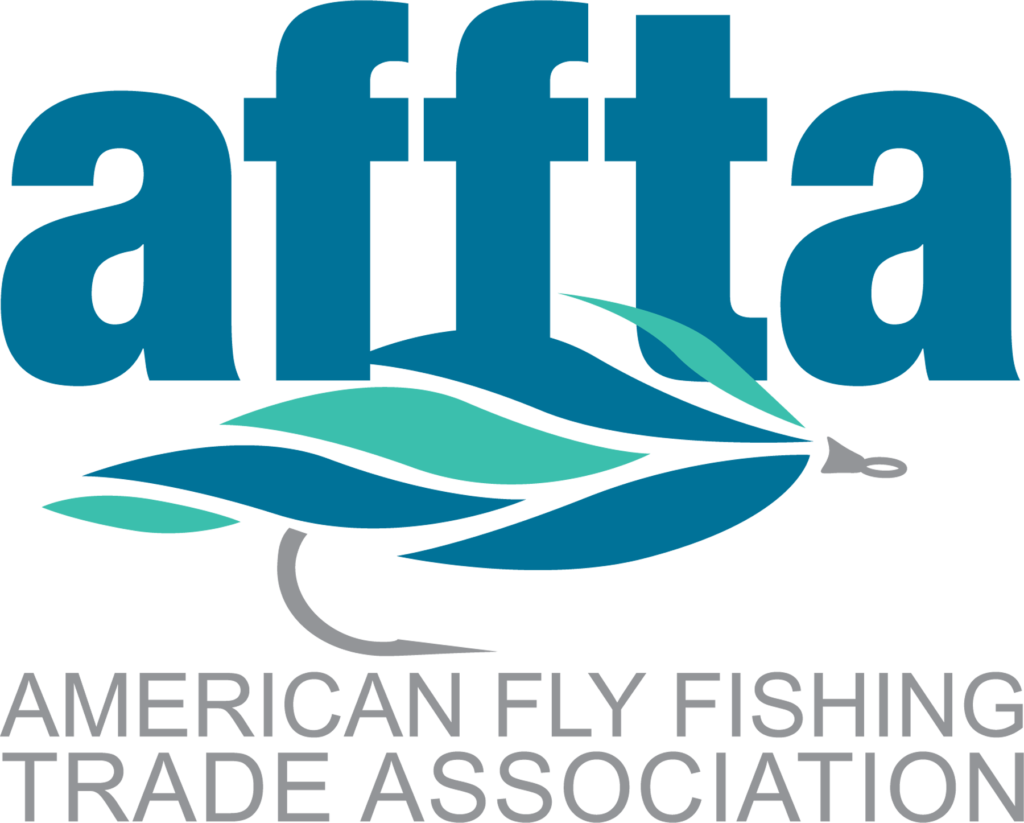AFFTA D.C. Update
Last week marked significant developments in both congressional appropriations and international trade policy. The Senate advanced critical funding for public lands and environmental programs while rejecting proposed budget cuts, setting up negotiations with the House before the September 30 shutdown deadline. On the trade front, the Administration announced major agreements with key partners, including Japan ($550B investment), the EU ($600B investment), and South Korea, while implementing a comprehensive new tariff framework affecting dozens of countries. Notable tensions remain with China as the current trade truce expires on August 12, and Brazil faces escalated tariffs due to political concerns. Key upcoming deadlines include the China trade truce expiration (August 12), new de minimis rules taking effect (August 29), and Section 301 exclusions expiring (August 31). Congressional August recess provides opportunities for constituent engagement on these and other priorities. Congressional Updates Senate Interior Appropriations Bill Passes Committee On July 24, the Senate Appropriations Committee approved the Interior and Environment Appropriations bill for fiscal year 2026 by a 26-2 vote. The legislation funds public lands, wildfire management, National Parks, and recreational programs. Key provisions: • Rejects steep budget cuts proposed by the President and House bill • Fully funds the Land and Water Conservation Fund • Maintains adequate staffing levels for public lands • Supports critical environmental protection programs The Senate version differs significantly from the House bill, requiring reconciliation between both chambers before the September 30 deadline to prevent a government shutdown. August Congressional Recess Congress is returning to its home states and districts throughout August for town halls, constituent meetings, and site visits to federally funded projects. This presents opportunities for public engagement with representatives on key priorities. Trade and Tariff Updates New Trade Agreements South Korea (July 30, 2025) • 15% baseline tariff established • $350 million U.S. investment commitment • Note: No formal written agreement finalized yet Japan (July 23, 2025) • U.S.-Japan Strategic Trade and Investment Agreement announced • $550 billion Japanese investment commitment • 15% baseline tariff on Japanese imports • Enhanced market access across agriculture, energy, manufacturing, and industrial goods • Note: Formal written agreement still pending European Union (July 28, 2025) • $600 billion EU investment commitment by 2028 • 15% baseline tariff on autos, pharmaceuticals, and semiconductors • 50% tariff maintained on steel, aluminum, and copper pending supply chain discussions • EU eliminates all tariffs on U.S. industrial exports • Commitment to reduce regulatory barriers for small and medium businesses Philippines (July 23, 2025) • U.S. tariff rate reduced to 19% • Elimination of tariffs on U.S. exports to the Philippines • Note: Full details not yet released Indonesia (July 22, 2025) • 19% tariff rate on Indonesian imports • Tariff removal on 99% of Indonesian products • Note: Described as a "framework" agreement Major Tariff Framework Changes New Executive Order (July 31, 2025) The "Further Modifying the Reciprocal Tariff Rates" executive order establishes tariff rates of 10-41% on imports from dozens of countries, effective April 7, 2025 at 12:01 AM EDT. Country-Specific Rates: • 41%: Syria • 40%: Laos, Myanmar • 39%: Switzerland • 35%: Iraq, Serbia • 30%: Algeria, Bosnia and Herzegovina, Libya, South Africa • 25%: Brunei, India, Kazakhstan, Moldova, Tunisia • 20%: Bangladesh, Sri Lanka, Taiwan, Vietnam • 19%: Cambodia, Indonesia, Malaysia, Pakistan, Philippines, Thailand • 18%: Nicaragua • 15%: Afghanistan, Angola, Bolivia, Botswana, Cameroon, Chad, Costa Rica, Ivory Coast, Democratic Republic of the Congo, Ecuador, Equatorial Guinea, Fiji, Ghana, Guyana, Iceland, Israel, Japan, Jordan, Lesotho, Liechtenstein, Madagascar, Malawi, Mauritius, Mozambique, Namibia, Nauru, New Zealand, Nigeria, North Macedonia, Norway, Papua New Guinea, South Korea, Trinidad and Tobago, Turkey, Uganda, Vanuatu, Venezuela, Zambia, Zimbabwe, Falkland Islands, UK Special Cases Mexico • 90-day extension granted following presidential discussions • Maintains current 25% baseline tariff and 50% on steel, aluminum, and copper through November 2025 Canada (Effective August 1, 2025) • Tariff increase from 25% to 35% • An additional 40% tariff on goods attempting to evade duties • USMCA-covered goods are exempt from increases Brazil • Base 10% reciprocal tariff under the main executive order • An additional 40% tariff imposed on July 30 (effective August 6) due to political prosecution concerns • Total tariff rate: 50% • USTR launched a Section 301 investigation on July 15 for unfair trade practices China • Remains under May 12, 2025, executive order (EO 14298) • Current "truce" expires August 12, 2025 • Present rates: 30% on Chinese imports, 10% on U.S. exports to China • Failed negotiations in Sweden (July 28-29) for extension • Potential spike to 80% if no agreement reached by deadline Additional Trade Measures De Minimis Exemption Suspension (July 30, 2025) Effective August 29, 2025, the long-standing exemption for commercial shipments valued at $800 or less will be eliminated. All applicable duties will now apply to these previously duty-free items. Section 301 Tariff Exclusions Current exclusions expire August 31, 2025. Copper Tariffs (July 30, 2025) • 50% universal tariff on semi-finished copper products and derivatives under Section 232 authority • Tariffs stack with other applicable duties • Commerce Secretary has 90 days to establish a process for additional copper derivative goods
AFFTA D.C. Update
Last week marked significant developments in both congressional appropriations and international trade policy

Images


